There are common mistakes that a whole range of English learners make over and over again, from beginners right through to even advanced level students. This may be because that the English grammar is difficult for you to understand. But sometimes this may be because these mistakes have never been properly corrected for you so they become bad habits. They keep happening without you even realising it. And if you don’t recognise them, if you don’t see the mistakes that you’re making, then how can you fix them?
So in order to help you to better your overall English skills, we want you to start seeing the mistakes that you’re making. Therefore, in this article, Learn English Fun Way is going to share the ten most common grammar mistakes that English learners make.
So what are the 10 most common grammar mistakes that English learners make? Let’s start our lesson today!
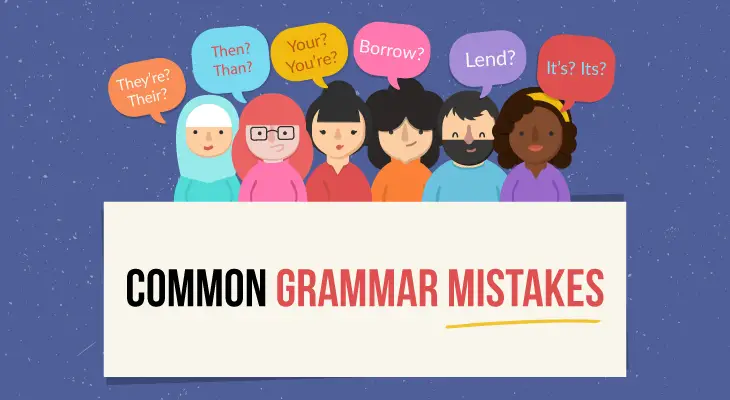
Table of Contents
1, Uncountable nouns.
There are two types of nouns in English, namely countable and uncountable nouns.
Countable nouns are easy! You can count them. And when there are more than one, the noun becomes plural, we add an “s” at the end of the word.
One apple, three cars, a million subscribers.
The noun becomes plural when there are more than one and we can use the singular articles including a and an when we’re talking about just one of them.
Uncountable nouns are different. They don’t usually have a plural form. You can’t use a singular article with them and you need to use quantifiers to help explain how much of the noun there is.
The way that you use uncountable nouns in English sentences is completely different to countable nouns.
For example: Apple is a countable noun, and advice is an uncountable noun.
- I have an apple for you.
- I have a piece of advice for you.
- How many apples do you have?
- How much advice do you have?
- I have a few apples for you.
- I have a little advice for you.
It’s not just the noun that’s important, the type of noun affects many other words in your sentence. So using the wrong words with the uncountable noun in an English sentence is a really common mistake. And it’s easy to do without realising that you’re doing it. Perhaps you don’t realise that a noun is uncountable.
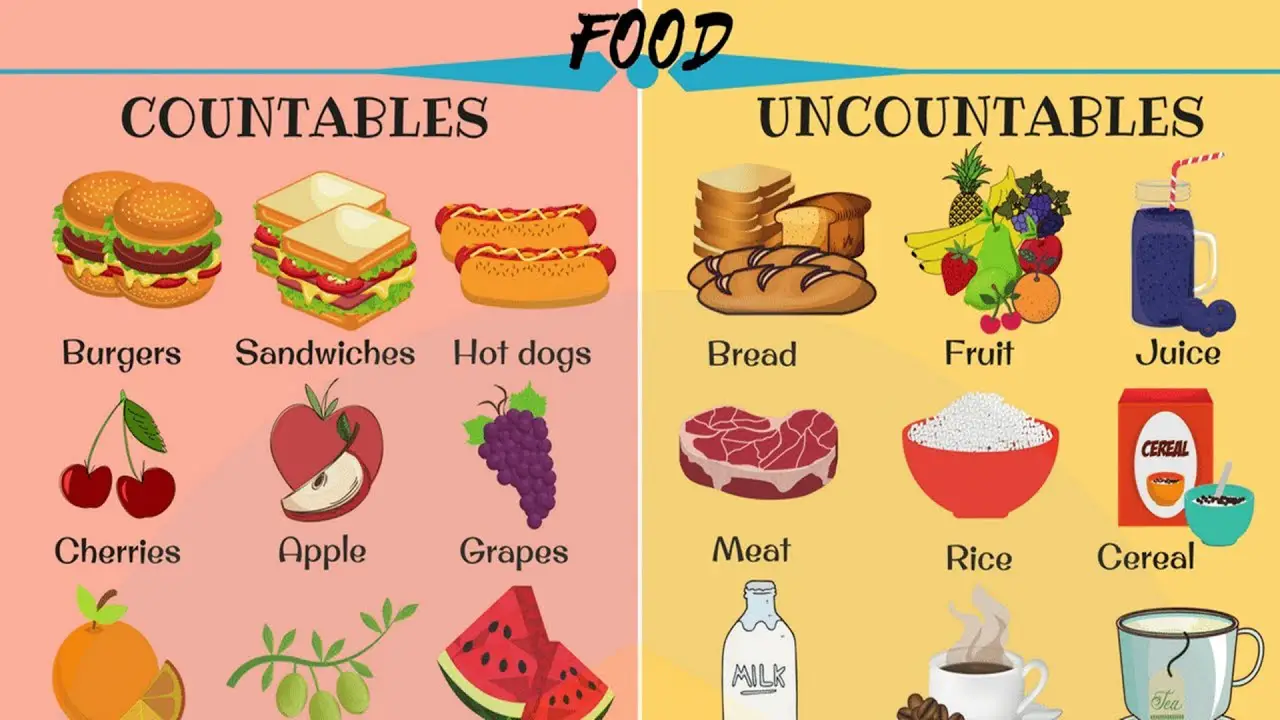
2, Irregular verbs.
These are also really common English mistakes. It is difficult to master irregular verbs because there are no rules that you can learn to logically explain why one verb is regular and the other is not.
Even though there are fewer irregular verbs than regular verbs, many irregular verbs are really common verbs. You can’t escape them, you need to learn them. Here are the 50 most common irregular verbs that you should memorise:
| Rank | Base Form | Past Tense Form | Past Participle |
| 1 | say | said | said |
| 2 | make | made | made |
| 3 | go | went | gone |
| 4 | take | took | taken |
| 5 | come | came | come |
| 6 | see | saw | seen |
| 7 | know | knew | known |
| 8 | get | got | got/gotten (US) |
| 9 | give | gave | given |
| 10 | find | found | found |
| 11 | think | thought | thought |
| 12 | tell | told | told |
| 13 | become | became | become |
| 14 | show | showed | shown |
| 15 | leave | left | left |
| 16 | feel | felt | felt |
| 17 | put | put | put |
| 18 | bring | brought | brought |
| 19 | begin | began | begun |
| 20 | keep | kept | kept |
| 21 | hold | held | held |
| 22 | write | wrote | written |
| 23 | stand | stood | stood |
| 24 | hear | heard | heard |
| 25 | let | let | let |
| 26 | mean | meant | meant |
| 27 | set | set | set |
| 28 | meet | met | met |
| 29 | run | ran | run |
| 30 | pay | paid | paid |
| 31 | sit | sat | sat |
| 32 | speak | spoke | spoken |
| 33 | lie | lay | lain |
| 34 | lead | led | led |
| 35 | read | read | read |
| 36 | grow | grew | grown |
| 37 | lose | lost | lost |
| 38 | fall | fell | fallen |
| 39 | send | sent | sent |
| 40 | build | built | built |
| 41 | understand | understood | understood |
| 42 | draw | drew | drawn |
| 43 | break | broke | broken |
| 44 | spend | spent | spent |
| 45 | cut | cut | cut |
| 46 | rise | rose | risen |
| 47 | drive | drove | driven |
| 48 | buy | bought | bought |
| 49 | wear | wore | worn |
| 50 | choose | chose | chosen |
3, Subject-verb agreement.
Subject-verb agreement is as simple as it sounds. The subject and the verb in English sentences must agree, they must match with each other.
So why is it such a common mistake in English?
Even advanced English learners sometimes make these mistakes as well. And it’s simply because they’ve got into some bad habits. They don’t realise that they’re making these mistakes.
- That car looks expensive.
- Those cars look expensive.
- Paul is looking out the window.
- John and Tim are looking out the window.
- Do those students like to eat bananas?
- Does this student like to eat bananas?
These mistakes are very easy to fix. Bad habits can be fixed but you need to see them first.
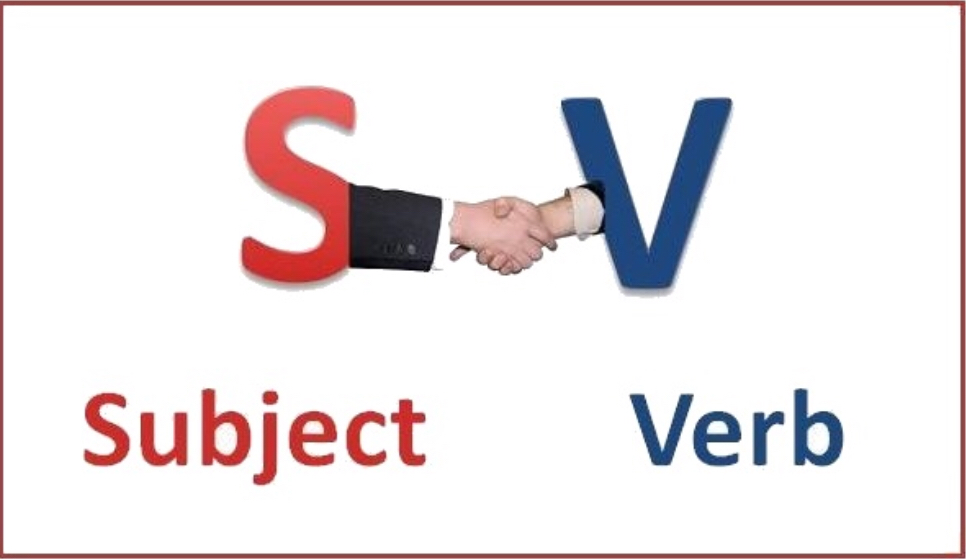
4, Auxiliary verbs.
The three main auxiliary verbs in English: do, be and have.
They’re very important and learning a little more about them is going to help you improve your English grammar a lot because the relationship between an auxilary verb and the main verb in an English sentence is very clear and simple.
- The auxiliary verb “do” appears in the simple tenses.
- The auxiliary verb “be” appears in the continuous tenses and also in the passive voice.
- The auxiliary verb “have” appears in the perfect tenses.
This is one part of English that is really consistent. So if you’re making any of these mistakes, we can fix them easily.

5, Articles.
There are three main articles: a, an, the.
Which one should you use? When and why? Articles must cause the most headaches for English learners.
- The is the definite article.
- A and an are indefinite articles.
The difference between definite and indefinite articles is the difference between talking about a specific noun and a general noun.
If you asked me “Can you pass me a pen?” that means any of these pens, not a specific one; but if you asked me “Can you pass me the blue pen?” that only means this pen, none of the others.
But sometimes you don’t need to use an article at all. So it’s easy to see why articles are some of the most common mistakes that English learners make.
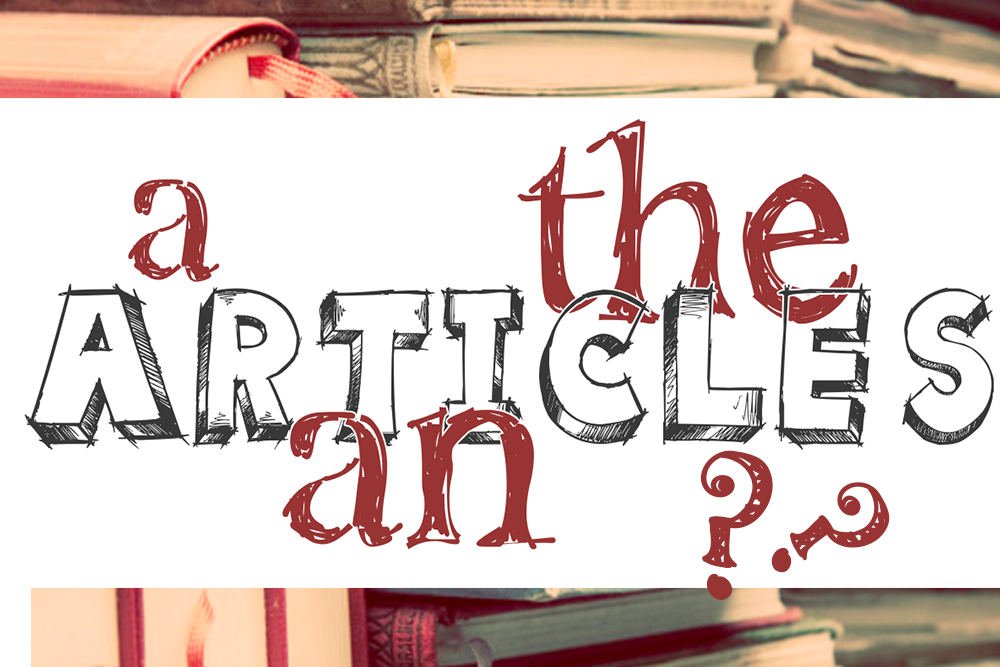
6, Prepositions.
Prepositions are words like in, on, at, by, with, for, etc.
These words help to give information about time, location and direction in English. Just like articles may also cause a few headaches, sometimes the same preposition can have different meanings depending on the context.
If your keys are in the car, the meaning is different to at the car. But if you’re in school, the meaning is pretty much the same as at school.
I had a coffee at Helen’s, that means at her house. But I had a coffee with Helen, that means we had a coffee together but it could have been anywhere.
These tiny little words can influence the meaning of your English sentence significantly. But they are a challenge because the rules and reasons for using them are not always clear. Plus, you could be thinking about the correct preposition that’s used in your own native language but they don’t translate directly into English and this can be a problem too. Anyway, to get them right you need to practice.
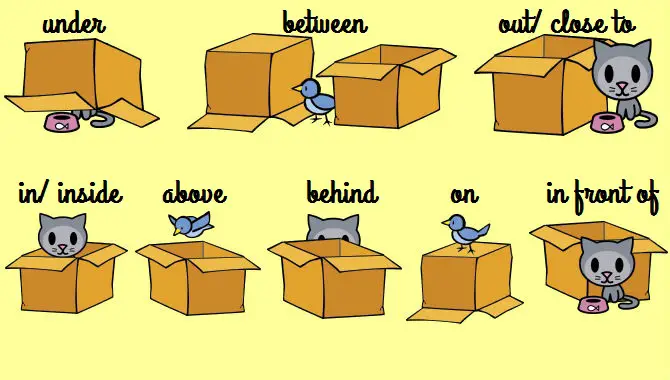
7, Word order in questions.
Asking questions, and giving answers is the basics of a great conversation in English, or in any other languages. But one common mistake is using the wrong word order when you’re asking questions.
- We can go shopping this afternoon?
- What you are cooking for dinner?
- Word order in English questions is a common grammar mistake.
Moreover, different types of questions in English use different intonation. Therefore, getting the structure and the intonation right is important if you want to sound natural like a native English speaker. The good news is that English questions are really consistent, they follow a clear structure:
Question word + auxiliary verb + subject + main verb ?
If you remember these words in this order, your questions should always be correct.

8, The present perfect tense.
There are the present perfect simple and the present perfect continuous. You can also use the words “for” and “since” with these tenses to help you express information about time.
The structure of a present perfect sentence is probably not the difficult part.
In the present perfect simple, there’s the subject, the auxiliary verb have and the main verb in past participle form. But in the present perfect continuous, your past participle verb is been and it’s followed by a verb-ing.
Don’t forget to conjugate that auxiliary verb, depending on the subject.
It’s confusing because this tense is about the past and the present at the same time. It connects something that happened in the past to the present moment and there are a few different ways that this can happen in English.
So although it’s complicated, it is a really commonly used tense in English so you need to understand it.

9, The difference between the past simple and the present perfect tense.
Both the past simple and the present perfect are also about the past, which is really confusing, right? Why not only use the past simple to talk about the past?
To understand when to use the past simple and when to use the present perfect tense, you need to think about time: finished time and unfinished time.
Last week is a good example of finished time, it’s complete, it’s over. But this week is unfinished, it’s an example of unfinished time, there’s still more of this week to come, it’s not finished yet.
So expressions of time are really important when you’re using these two different tenses.
- Yesterday, last week, last month, 1991, etc.
These are all examples of finished time. Time that’s complete. So you would use the past simple. - Today, this week, this month, my life, etc.
These are all examples of finished time. So you would use the present perfect tense.

10, Adjectives that end in -ed and -ing.
There is a big difference between “He looks bored” and “He looks boring”; “I am interested” or “I am interesting”
There doesn’t seem to be much difference between these adjectives but using them incorrectly in your sentence completely changes the meaning. Luckily, there are some simple rules to help you remember which one is the right one to use. To be specific:
-ed adjectives
Adjectives that end in -ed generally describe emotions – they tell us how people feel.
- I was so bored in that lesson, I almost fell asleep.
- He was surprised to see Helen after all those years.
- She was really tired and went to bed early.
-ing adjectives
Adjectives that end in -ing generally describe the thing that causes the emotion – a boring lesson makes you feel bored.
- Have you seen that film? It’s really frightening.
- I could listen to her for hours. She’s so interesting.
- I can’t sleep! That noise is really annoying!

It is the end of our lesson today! In order to get further explanation and practice your listening skills also, watch the video below. We hope this lesson has helped you recognise your mistakes in English and find your ways to correct them. Thank you for reading and see you in the next writing!
Credit: Youtube Channel “mmmEnglish”




